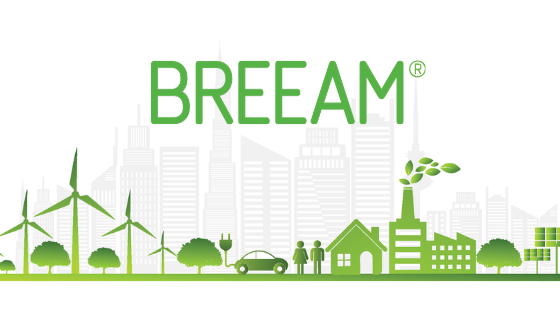
BREEAM 2018 Update
The latest BREEAM scheme was launched back in March 2018. Two years on, how are design teams finding it?
As we are all aware, there has been a significant increase in media coverage on climate change in recent years. There has been a notable increase in flooding, more forest fires around the world from Australia to California, and major deforestation of the tropical rainforests to make way for animal agriculture. Greta Thunberg and Extinction Rebellion have risen up in response to these disasters and the increasing amount of evidence stacking up is hard to ignore – things need to change.
Most people agree that the climate crisis needs addressing. It is something that clients are concerned about too and it seems that BRE is looking to harness this sudden wave of activity.
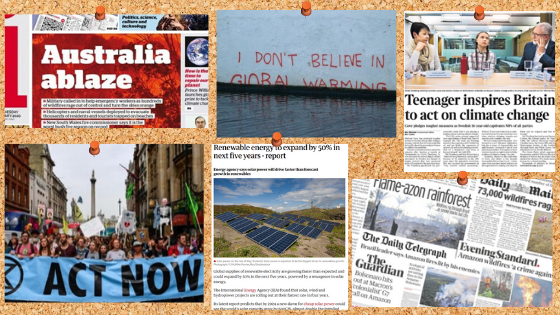
Early Actions
The 2018 New Construction scheme places a real focus on completing sustainability actions much earlier in the design process. There are a whole host of credits which need to be completed at Concept Stage design or earlier.
Preparation & Brief (stage 1) and concept design (stage 2) requirements include:
- Man02- Elemental life cycle cost analysis
- Mat01 – Materials life cycle assessment of embodied carbon
- Ene04 – Passive design and LZC feasibility analysis
- Tra01 – Travel Plan and assessment
- Mat03 – Sustainable Procurement plan
- Wst01 – Pre-demolition audits
- Wst05 – Climate change adaptation appraisal
- Wst06 – Disassembly & functional adaptability studies
- Ene01 – Energy workshops for future operational energy
Mat01 – Embodied Carbon in Construction Materials
The key change that seems to be catching a lot of teams out, is the introduction of life cycle assessment of materials (Mat01 LCA). This seems to be being confused with life cycle costings – which do form a part of the scheme under Man02 and can be assessed alongside the LCA but are different credits.
The Mat01 LCA seeks to bring the embodied carbon within construction materials into better understanding, enabling teams to select materials with a lower embodied carbon. Extraction, processing, packaging, and transport processes– the emissions associated with construction material can be vast before the building is even operational.
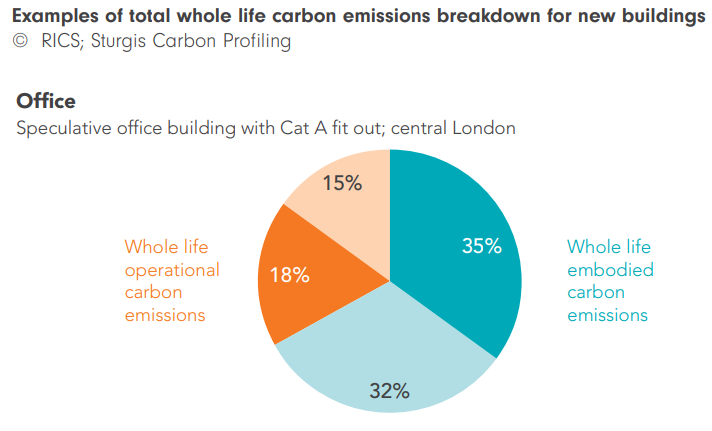

UK Green Building Council – Net Zero Carbon Buildings: A Framework Definition https://www.ukgbc.org/wp-content/uploads/2019/04/Net-Zero-Carbon-Buildings-A-framework-definition.pdf
One of the difficulties in achieving these credits is how early they are required to be completed. Options appraisals for LCA must be carried out and submitted to BRE before planning permission is applied for. The logic being that once planning is approved, the design of a building is fairly fixed and the opportunity to select different materials is limited.
The materials section has also had its weighting increased to 15% – the second highest weighted category after Energy. It is a section which needs taking very seriously if Excellent ratings are required.
Transport
Transport is the other section which has had a major overhaul. A travel assessment must be completed by stage 2, with a variety of sustainable transport options assessed under Tra02 to accumulate points which convert into credits depending on the public transport accessibility of the location. Points are awarded for implementing measures such as EV charging points, car sharing schemes and dedicated spaces; increasing amenities and public transport services and consultation with the local authority on the local cycling network.
MEP Design
There is no doubt that there is more onus on all members of the design team to incorporate BREEAM into the design from the beginning, and the MEP design makes up a significant part of this.
Passive design analysis, and LZC feasibility studies must be completed by Concept Design, plus for higher BREEAM ratings such as Excellent.
Ene01 has also had changes with credits awarded for undertaking a stage 2 energy workshop in relation to informing additional and more accurate modelling of operational energy at stage 4.
Buildings which have their heating and hot water demand met completely through electricity also score higher than buildings which are still utilising gas boilers under Pol02, therefore favouring solutions such as heat pumps and VRF systems.
Inherent Architecture
Architects are usually the team involved in a new building before any other, and key decisions are often made before the decision to undertake a BREEAM assessment is decided.
Many decisions relating to material efficiency, building orientations, layouts and how the building will cope with changing climate are made as part of any evolving discussion with the client, but we are seeing the need to increasingly undertake these reviews in relation to sustainability. Wst05 & Wst06 reports are required to be completed by stage 2, with input into the Mat01 assessment.
Rewarding Joined up Thinking
In addition to the early actions, there are more requirements for linking design work across the stages and across disciplines. Mat01 LCA must be carried out at concept design, and again at technical design. The same applies for designs for disassembly and functional adaptability, with revisions also needed for sustainable procurement plans. Joined up thinking is also rewarded with an exemplary credit available where life cycle costings and life cycle assessment of materials is completed at the same time, and another exemplary credit where all credits associated with addressing climate change are achieved.
BRE – Pushing Best Practice Forward
BREEAM New Construction 2018 seeks to push the best practice of the construction sector forwards. Should concrete framed buildings that don’t consider operational energy really be classed as ‘Excellent’ rated sustainable buildings?
Should buildings which are built on greenfield sites with limited replacement planting really be classed as sustainable?
The questions are challenging, but options for the built environment are becoming more difficult to rationalise in the face of the emerging climate crisis.
For more details of our BREEAM related services please visit our BREEAM page. If you would like to talk to us about BREEAM 2018 in more detail please drop us an email.

Hayley Sheppard
BREEAM & Sustainability Consultant
Email: [email protected]
Phone: +44(0)161 337 2200

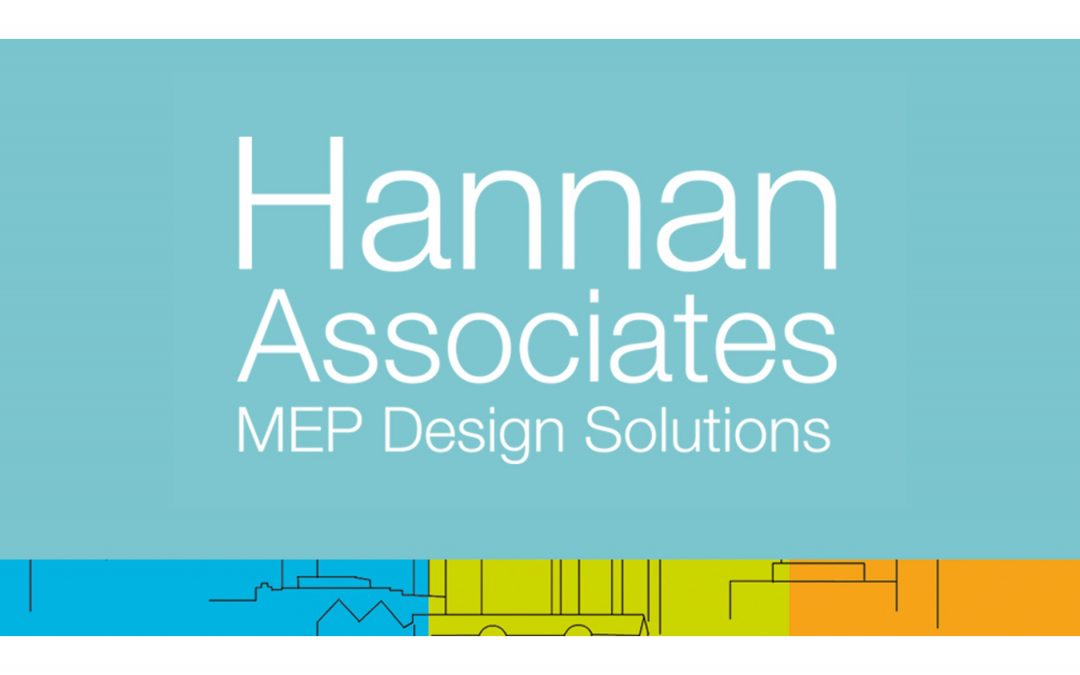



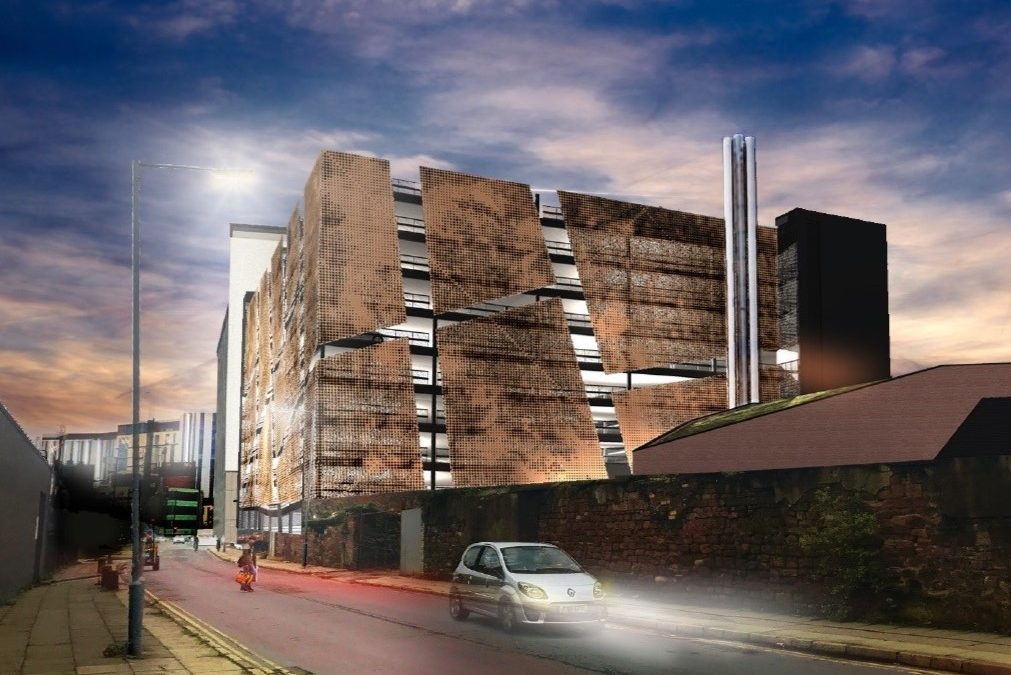

Recent Comments